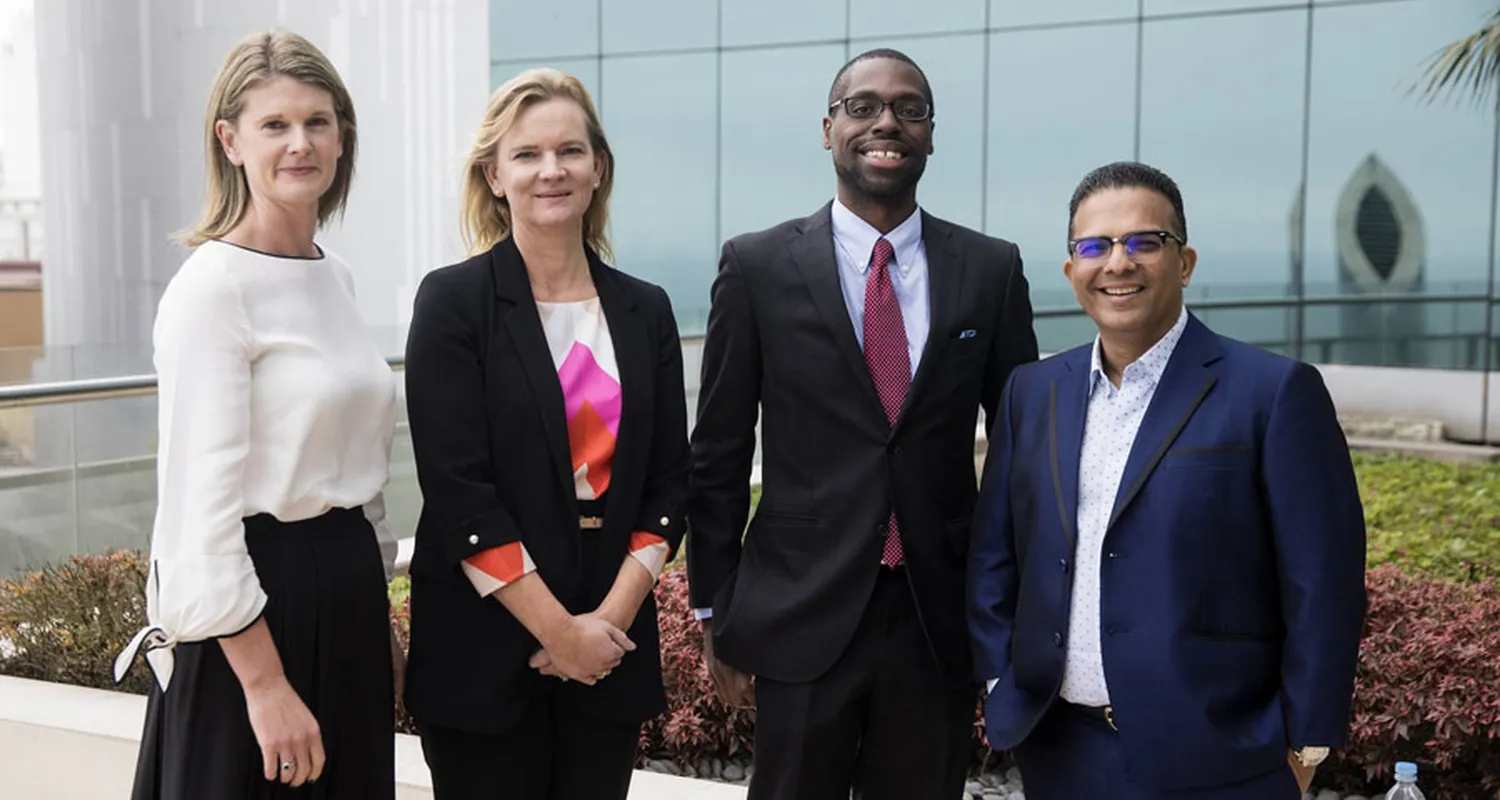In March 2021, the European Union (EU) began enforcing new ESG reporting standards to promote investment in sustainable companies and align the private sector with the Paris Climate Agreement and the United Nations Sustainable Development Goals (SDGs).
Companies that have adopted an ESG framework have generated better returns on several global indices, reason enough to embrace the more demanding standards, according to Nirmal Kumar, Global Head of HR, Customers, Products and Strategy at London-based HSBC. “We've made significant commitments on ESG, and I see so many progressive companies making the commitment, but key to that is inclusion.”
An inclusive organization isn’t just one that seeks an equitable gender balance and fosters diversity, it’s also one that encourages its team members to speak up, to challenge, question, point out excesses and wrongdoings, Kumar noted. “There are so many topics under inclusion, and fundamentally, it’s key to ensuring an equal and fair society for all.”
From Crisis to Accelerated Innovation
HSBC was heavily impacted by the crisis that paralyzed the world in 2020, Kumar said, with a significant reduction in its retail business, a drop in credit card spending and a significant decline in unsecured lending. The impact has been mixed, however; the bank’s wealth business did well as stock markets plunged and then rebounded to historic highs.
The mixed impact created significant challenges around workforce planning, as resources had to be reallocated to contend with shifting demand, he said. The other significant impact was on the digitalization of its business, Kumar noted. “What would have ideally happened over a three- or four-year period got accelerated into a six-month-to-one-year period.”
For Virginia-based Mars, which has more than 130,000 employees across 80 countries, reconciling the needs of employees and customers, and contending with health and safety concerns for those workers who needed to be present while transitioning office-based associates to work remotely, was the first call of duty, said Global Inclusion & Diversity Officer Ibtehal Fathy.
“We had associates who joined the business over the past year who were on-boarded but have not been able to meet their peers, line managers and teams face-to-face,” she said, adding, “We introduced programs and support systems to enhance and maintain the human connection and relationships to ensure an ongoing sense of belonging and team collaboration.”
Stockholm-based telecommunications company Ericsson faced similar challenges over the past year to accelerate the digitalization of its operations while meeting the needs of its customers, but overall, the business has performed well, said Vice President and Head of Commercial Management, Ericsson Southeast Asia, Oceania and India Linda Lindberg.
“We really focused a lot of our efforts to ensure we could support our customers and partners and employees through these changes,” she said. “Thereafter, it was trying to figure out how we really make this more sustainable, because we soon understood this was going to continue for some time.”
The disruptions of the past year were widely characterized as unprecedented, but many countries have endured similar economic paralysis on account of war and civil unrest over the years. The uprising in Egypt a decade ago, for example, prompted many organizations in the country to devise contingency plans, according to Ghada Howaidy, Associate Dean, Executive Education and External Relations at the American University in Cairo.
“We had a reference point in our institution for how to act, and this helped a lot. We had the digital infrastructure and we had the agility and the mechanisms to retrain and change course,” she said. The school of business trained its instructors and moved 2,000 participants online within two weeks, Howaidy said.
“We got proof that participants are comfortable with doing online executive education, but also, we understood that our product will change into being more modular and personalized; people are going to be more in control,” Howaidy said. “What was going to happen over a few years happened in six months.”




